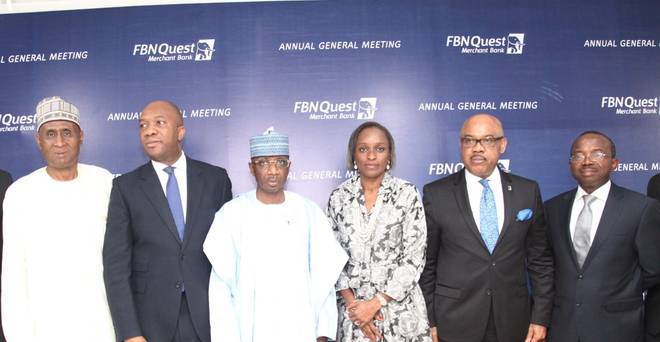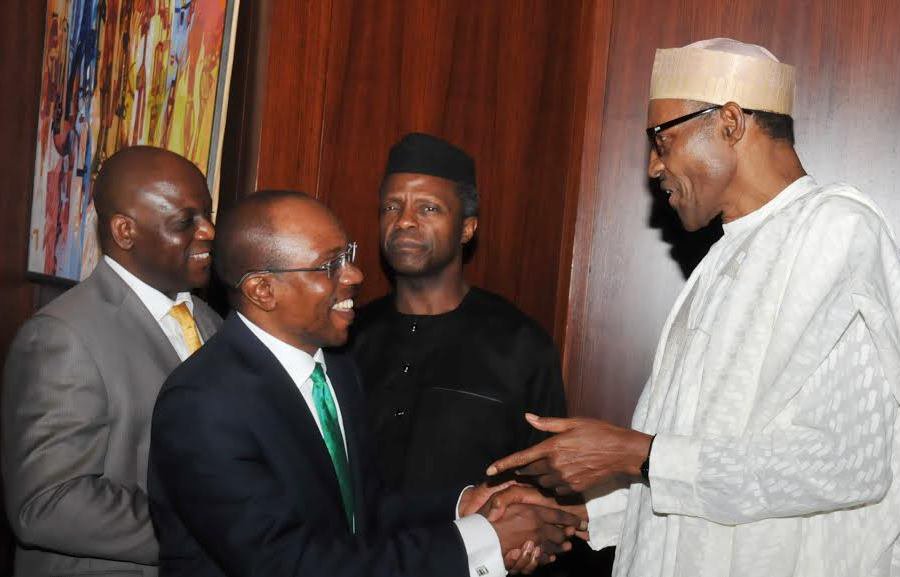Can 2017 budget survive if OPEC compels Nigeria to cut output on falling oil price?
Indication has emerged that the Nigerian economy as planned to be driven by the 2017 national budget may be under serious threat, if the speculation making the rounds on the possibility of oil cartel, OPEC, compelling Nigeria to join production cut at a time oil price is on a steady fall.
Nigeria’s oil production is currently on a daily average of 2.05 million barrels per day (mbpd) since June and that has given fresh boost to the activities of the budget and government expenditure. Otherwise, the nation is even yet to hit the 2017 budget target of 2.2 mbpd.
But there are fears that should Nigeria is forced to cut output upon declining price of crude oil at the international market, it means that the budget will be hobbled by additional deficit which may have not been covered in the existing borrowing plan.
Already, the Organisation of Petroleum Exporting Countries (OPEC) has invited Nigeria for briefing on its production plan.
Business Hilights gathered that the Minister of Petroleum Resources, Mr. Ibe Kachikwu, was invited to attend the OPEC and non-OPEC Ministerial Monitoring Committee meeting in Russia on July 24, thus growing the anxiety that Nigeria may not likely be exempted from further production cuts after the meeting.
The Federal Government had predicated its 2017 budget on $44.50 per barrel and a 2.2 million daily oil production target.
Currently, with the steady rise in crude oil price to $47.04 per barrel as against the country’s oil price benchmark of $44.50, Nigeria seems to be a little comfortable if prices remain stable and cut is not imposed.
Recall that OPEC and 10 non-member countries had on May 25, at its 172nd meeting in Vienna, agreed to extend cuts in oil production by nine months to March 2018 in a bid to further stem the global glut of crude in the market and prop up prices.
OPEC members and non-OPEC producers, including Russia, reached a deal last December to cut output by 1.8 million barrels per day for six months from January 1, 2017.
But Nigeria and Libya were exempted from the cuts because their production had suffered disruptions on the back of unrest and militant attacks.
Trouble for Nigeria seemed to have stemmed from the observation that half of the increase in 2017 so far, came from Libya and Nigeria, which were exempted from making cuts under the deal agreed between OPEC and its allies. Libya and Nigeria were said to have added 130,000 bpd in June.
The fear in Nigeria got messier on Tuesday when the Kuwaiti Oil Minister, Essam al-Marzouq, at the World Petroleum Congress (WPC) in Istanbul, Turkey, said Kachikwu will be unable to attend the OPEC and non-OPEC Ministerial Monitoring Committee meeting in Russia.
According to him, “We extended the invitation but unfortunately there is a previous commitment for the Nigerian oil minister as I heard today,” he told reporters when asked whether Nigeria will join the committee meeting set for July 24 in St. Petersburg.
In his submission, Marzouq added that Nigeria will probably be asked to join the technical committee’s meeting, which comes before the ministerial meeting to talk about its oil production plans.
The implication of the possible cut to Nigeria is that the expected reduction in the already known N2tn deficit in the will jump to all time high which may further frustrate the 2017 budget as passed and assented.









